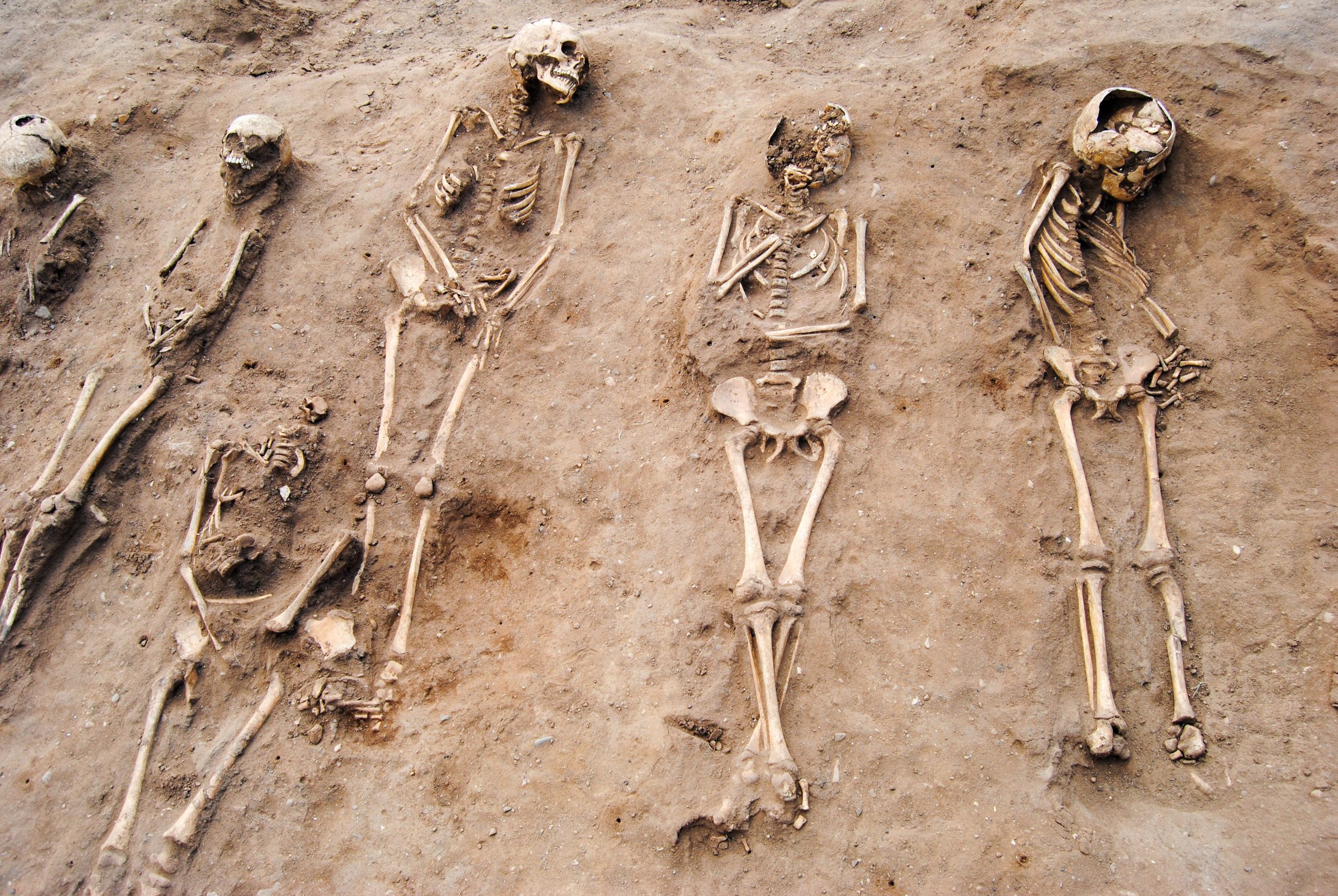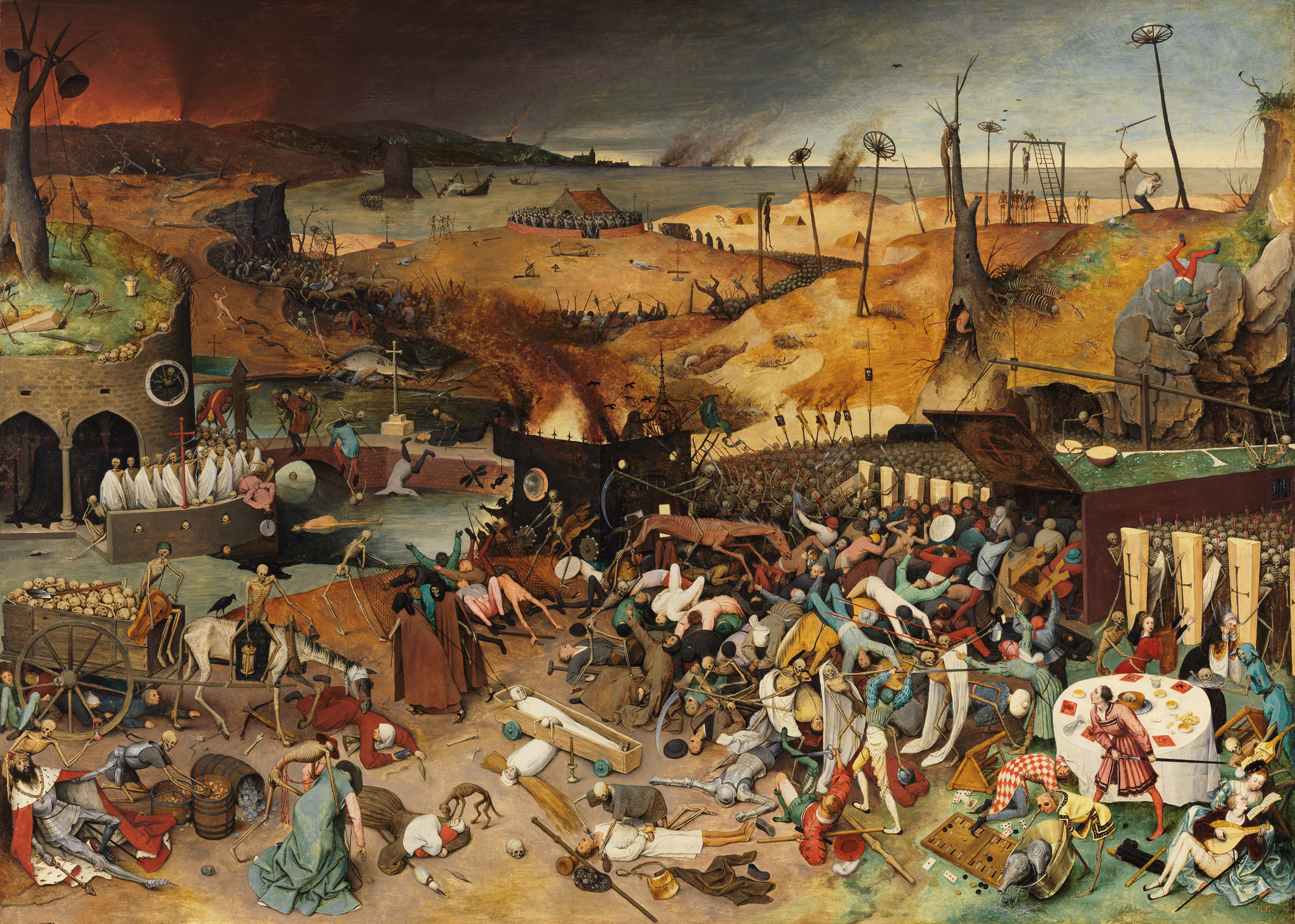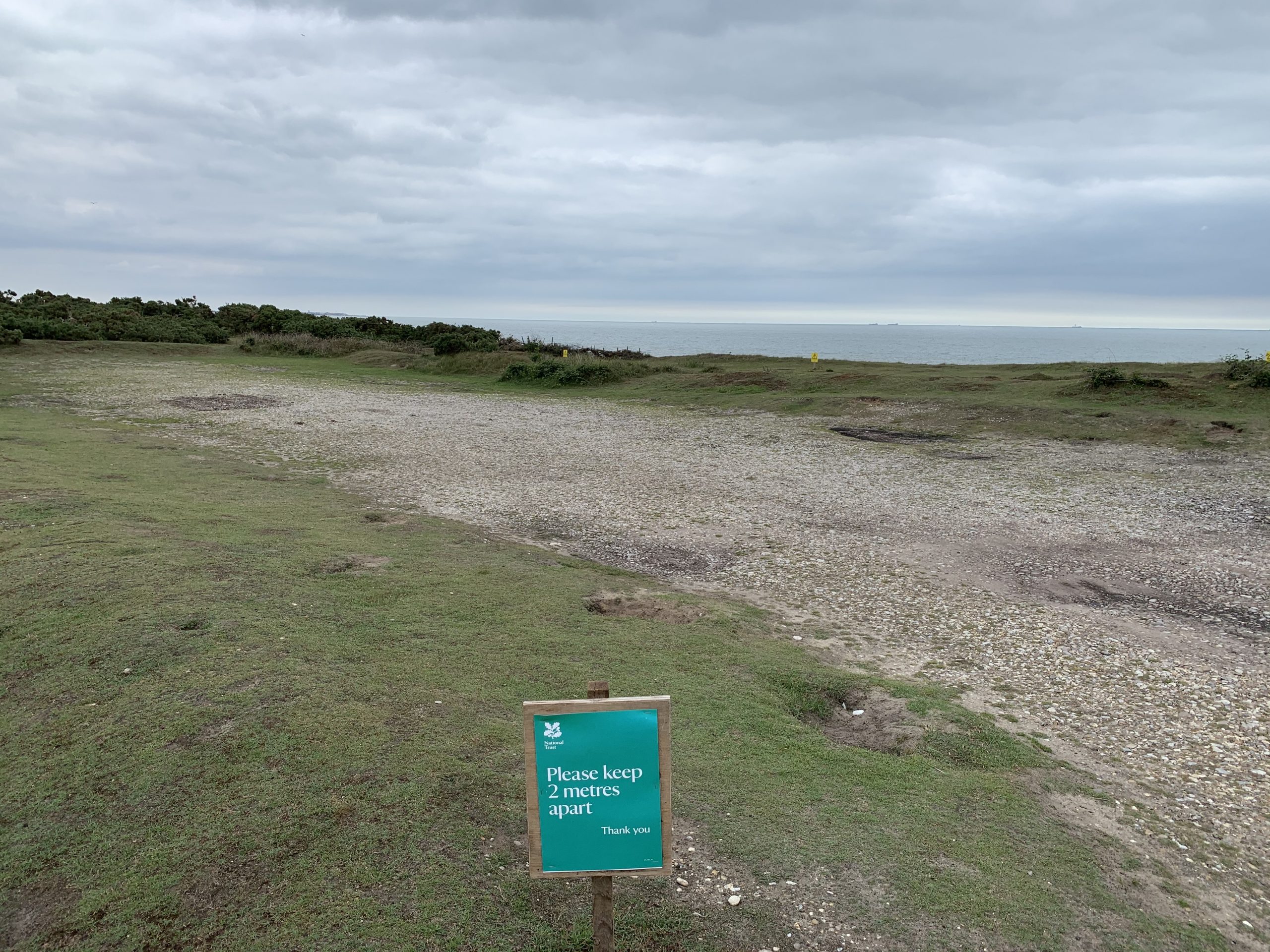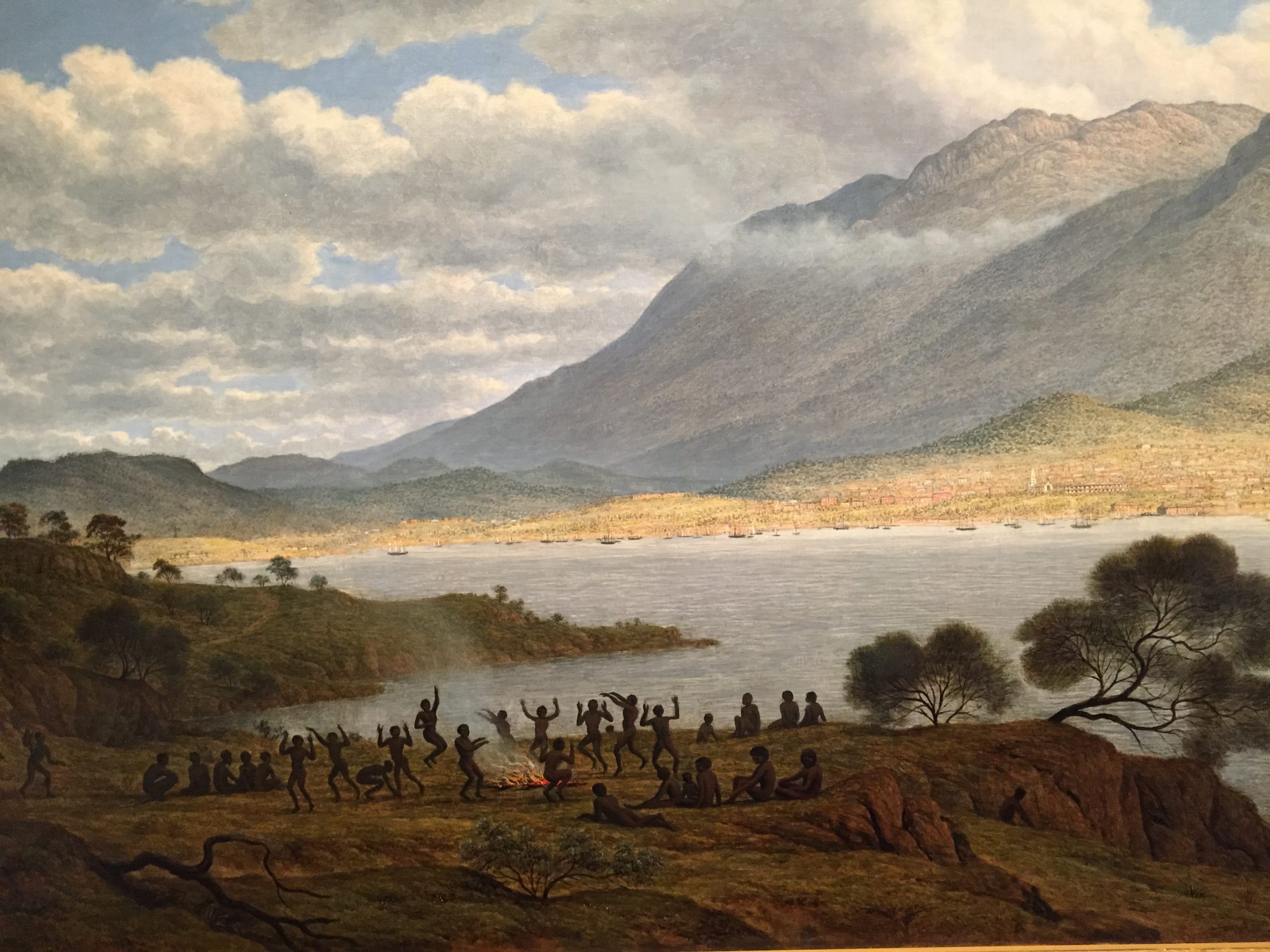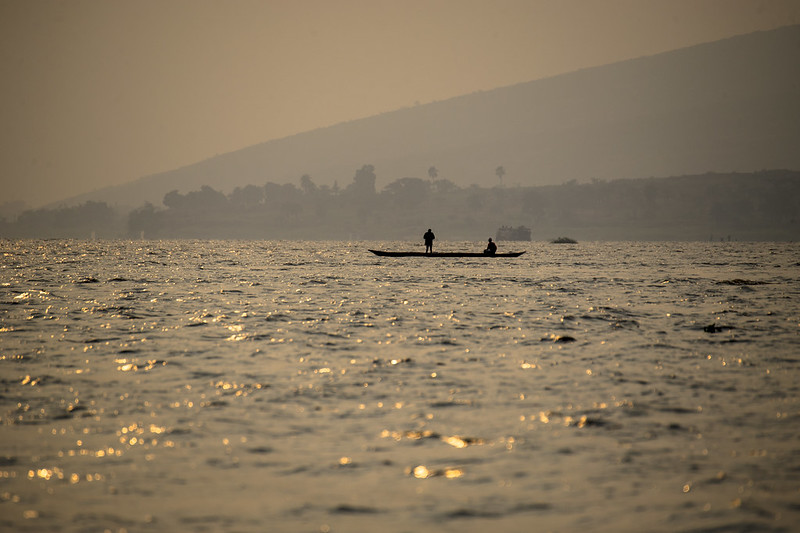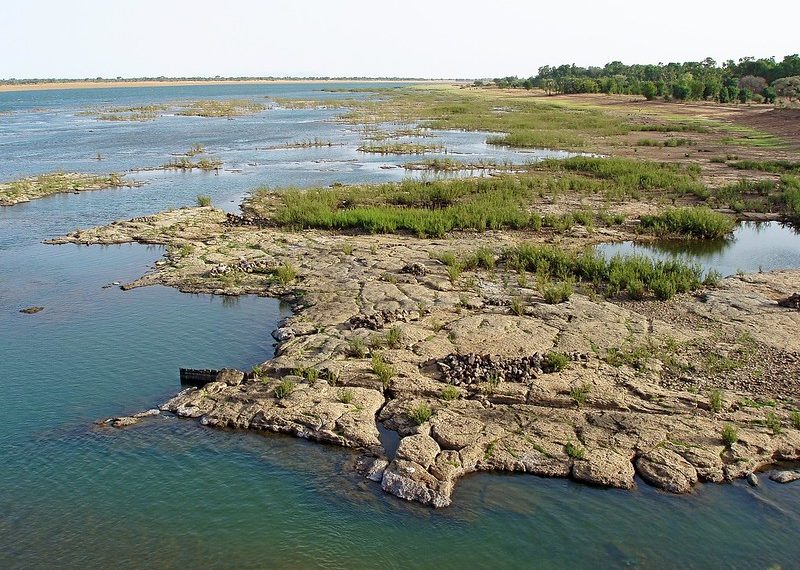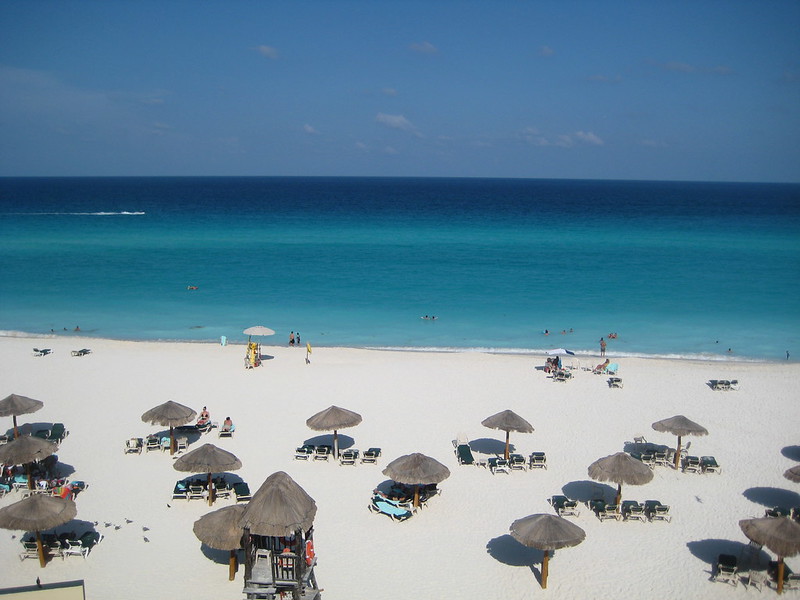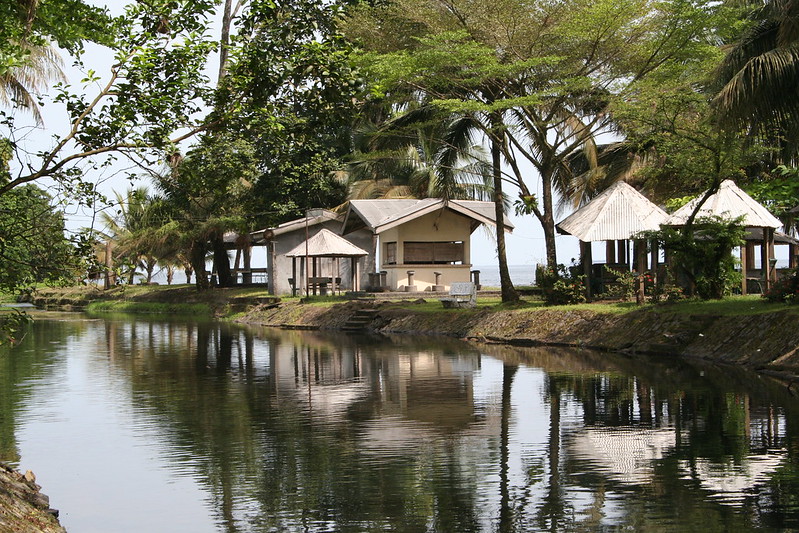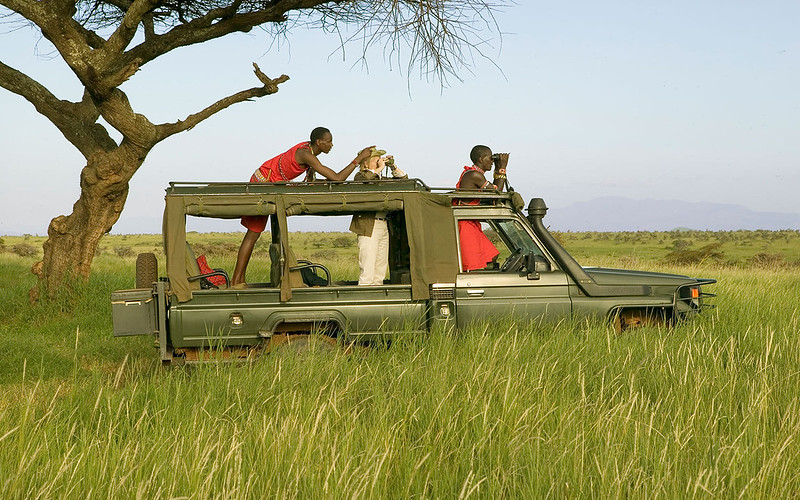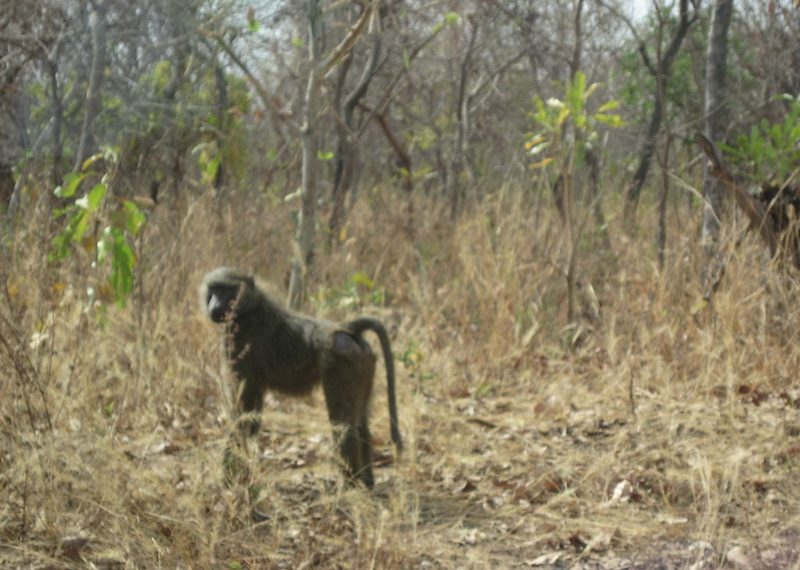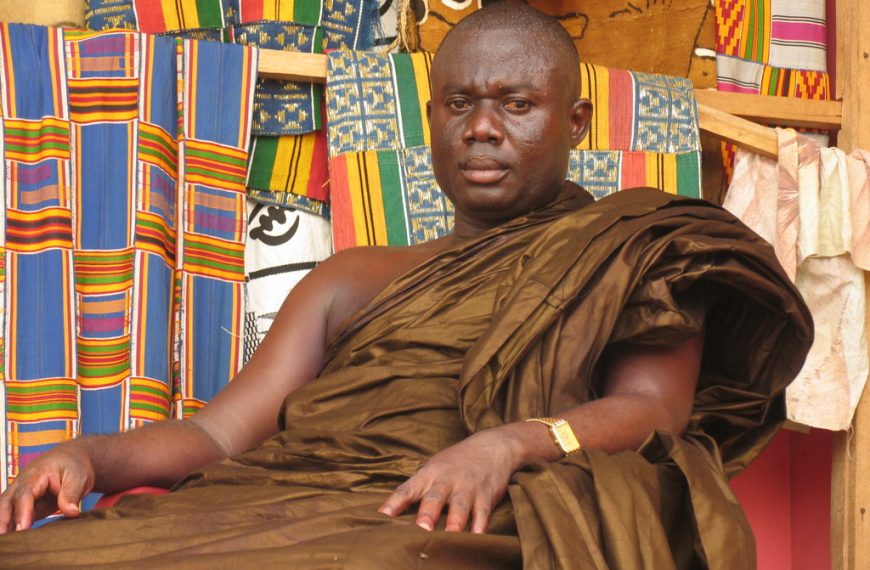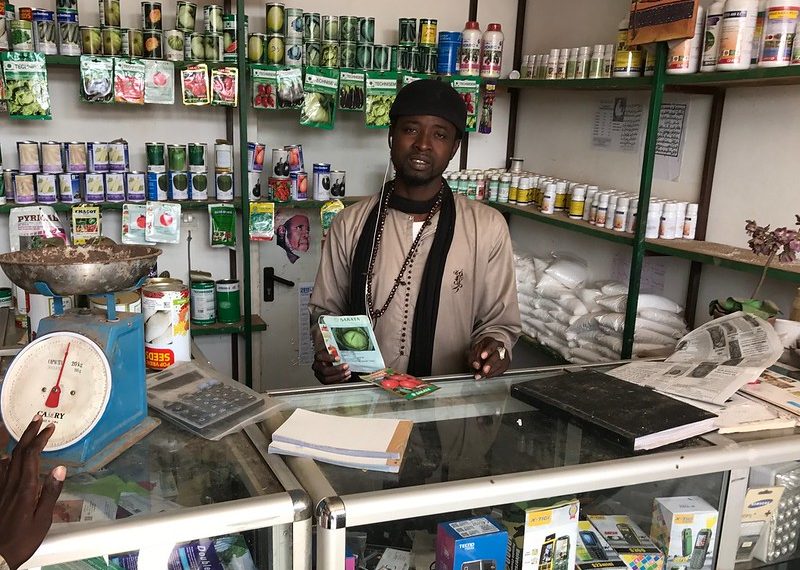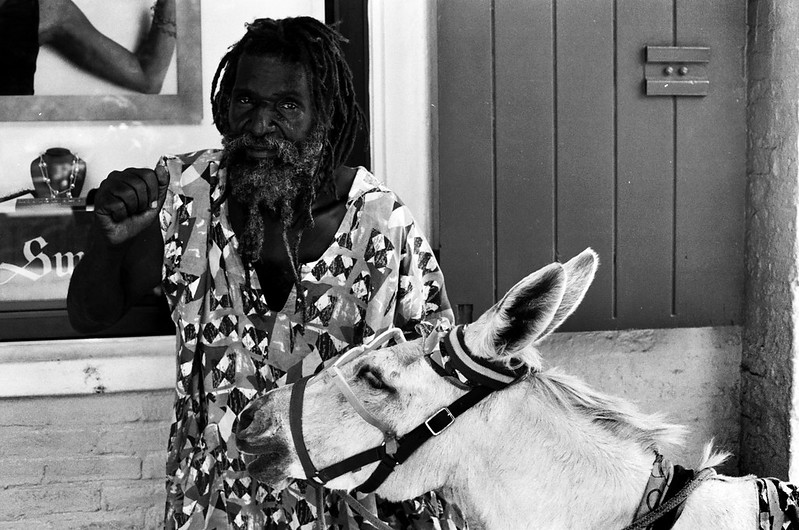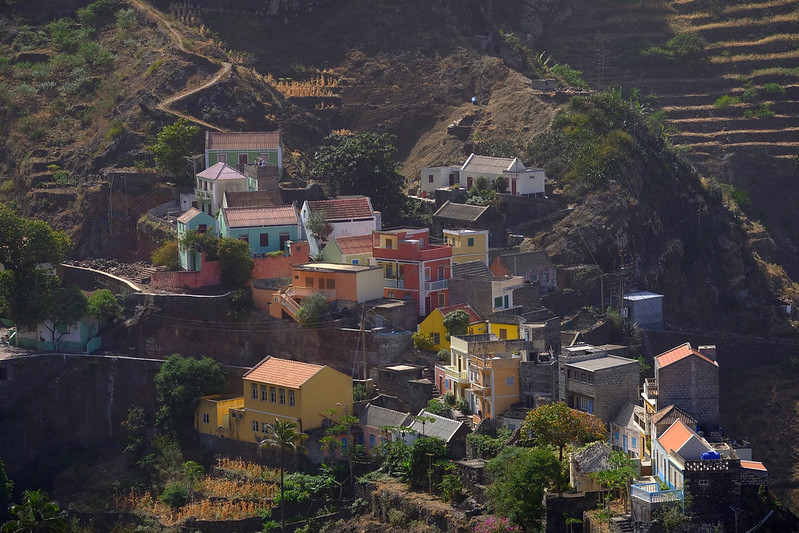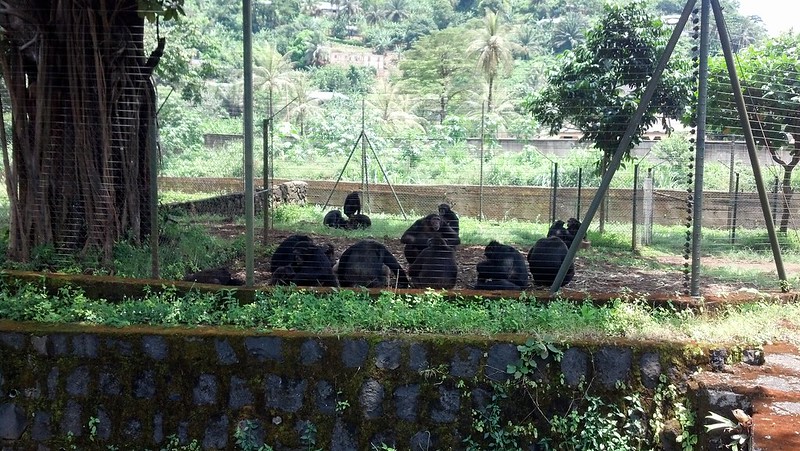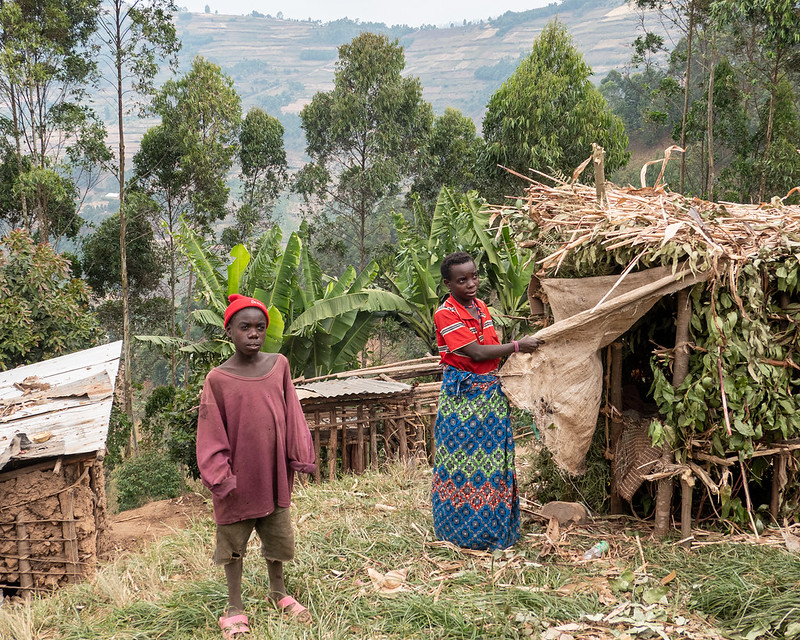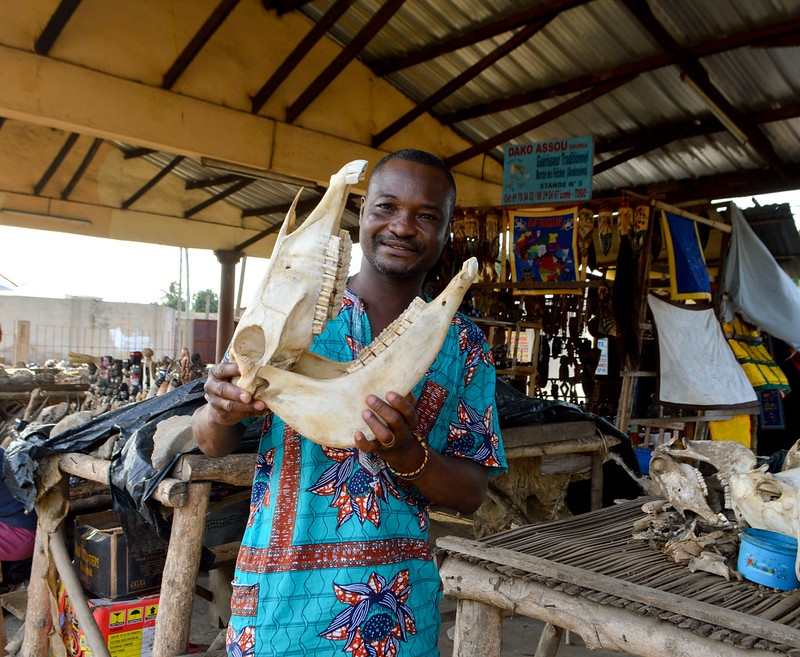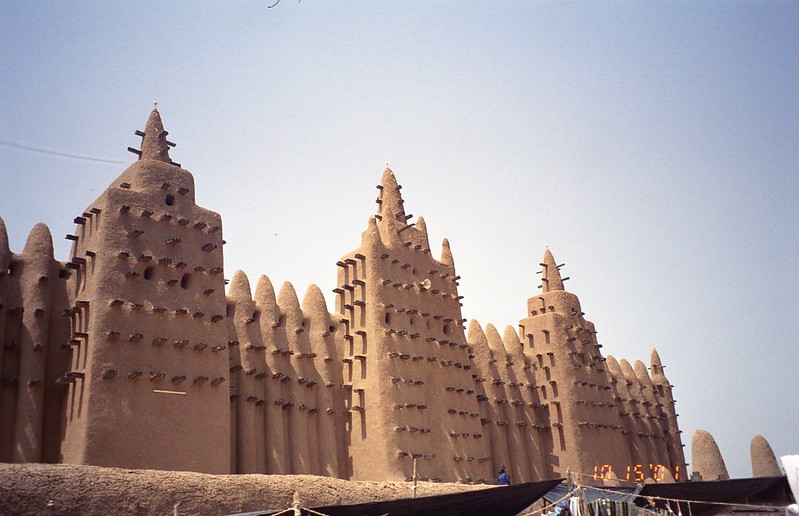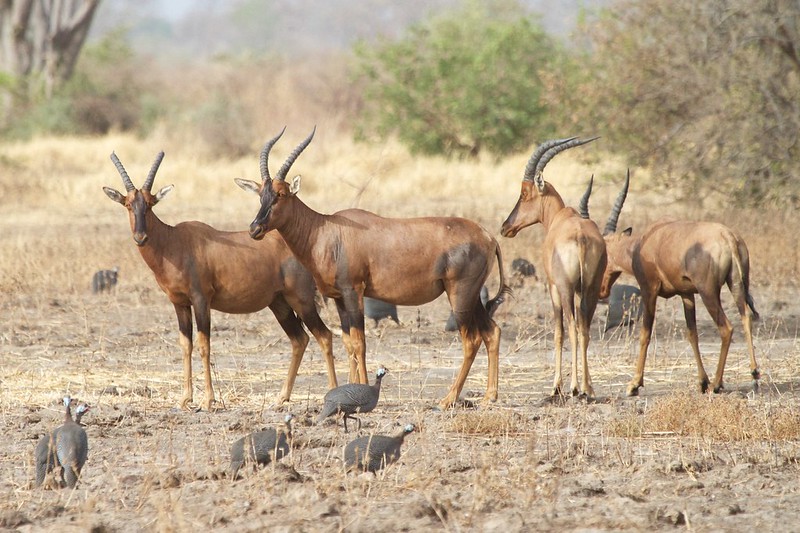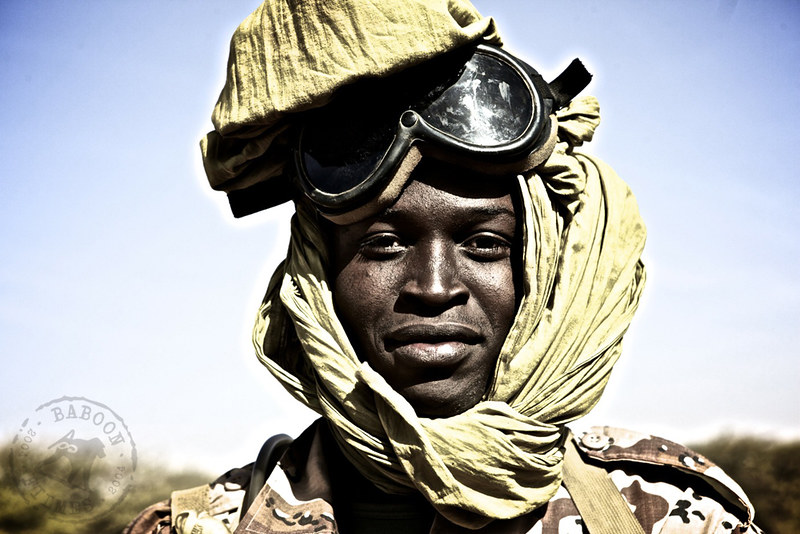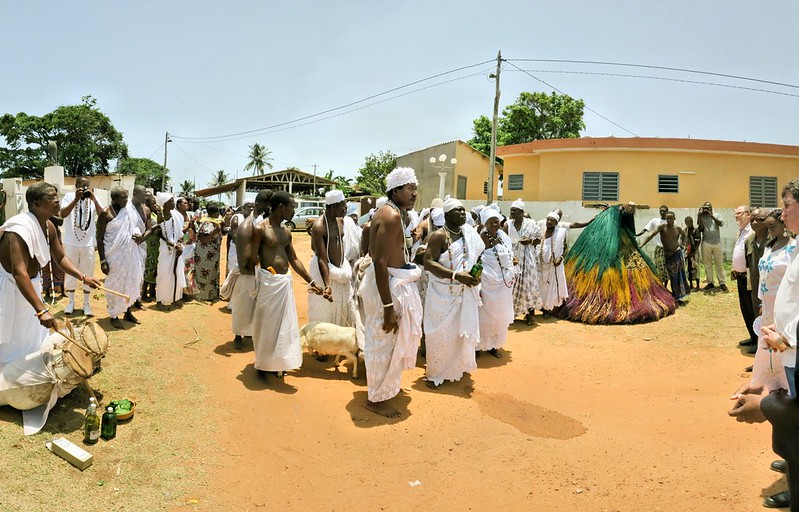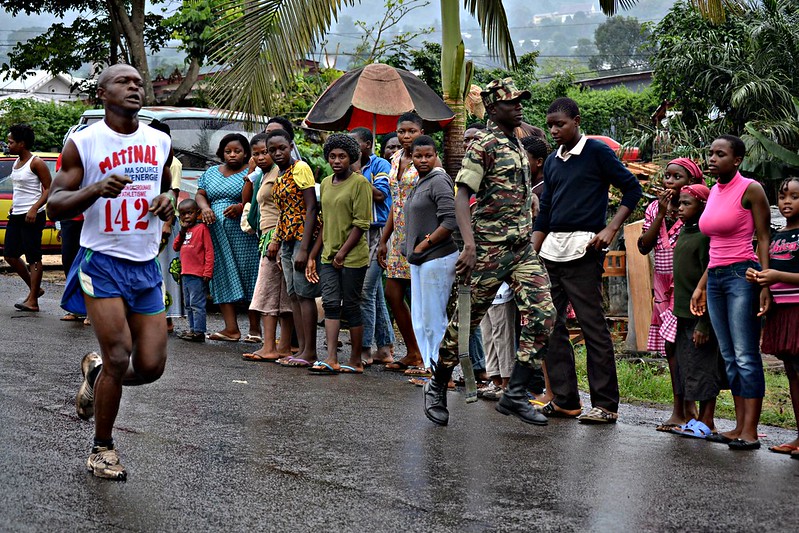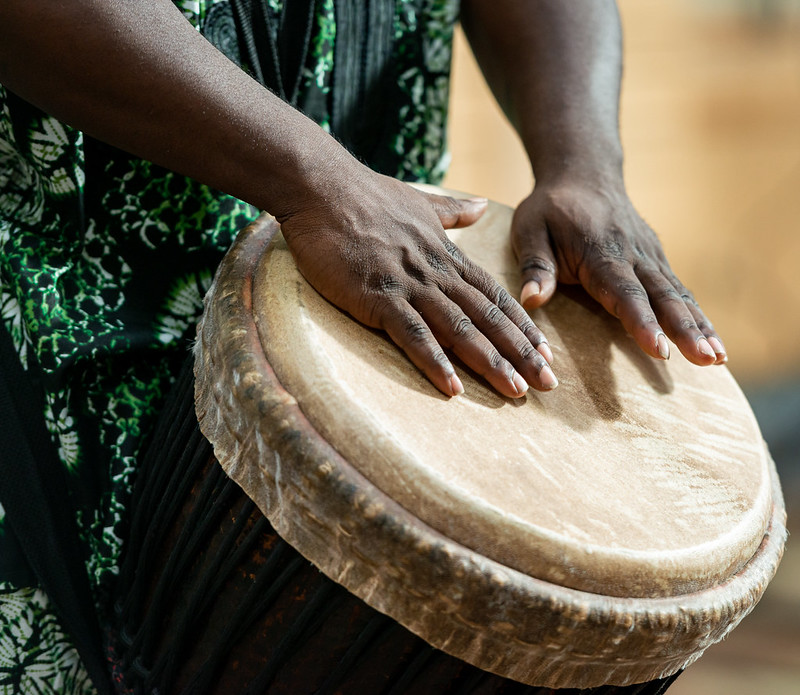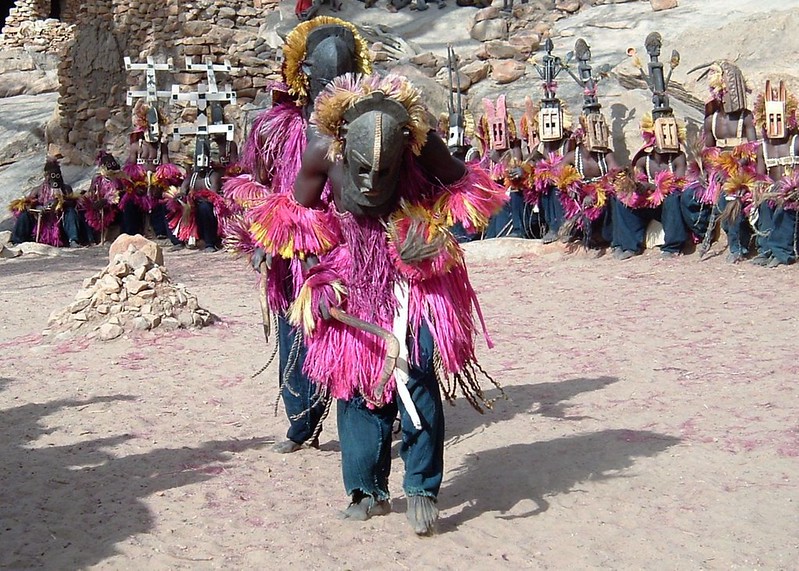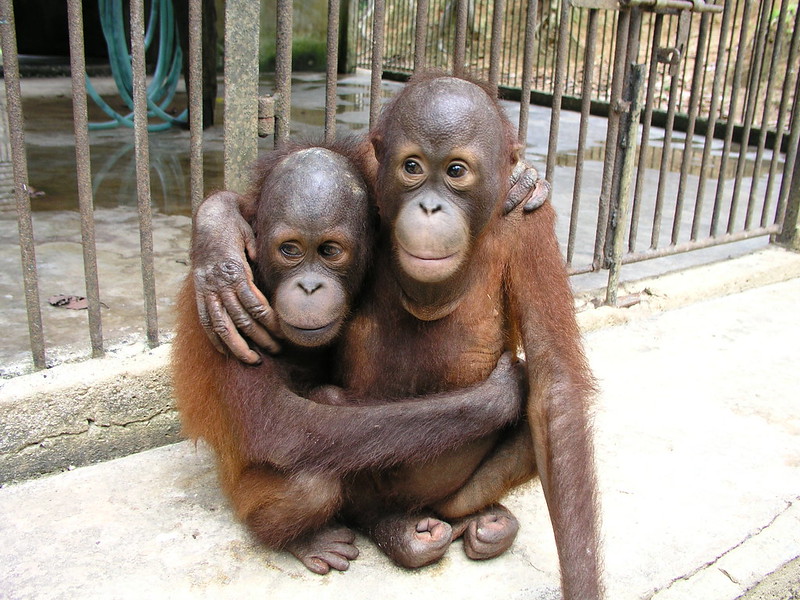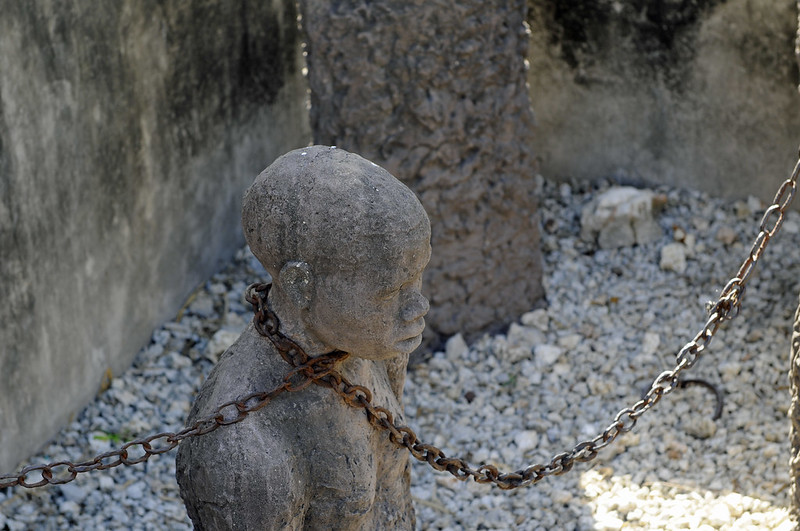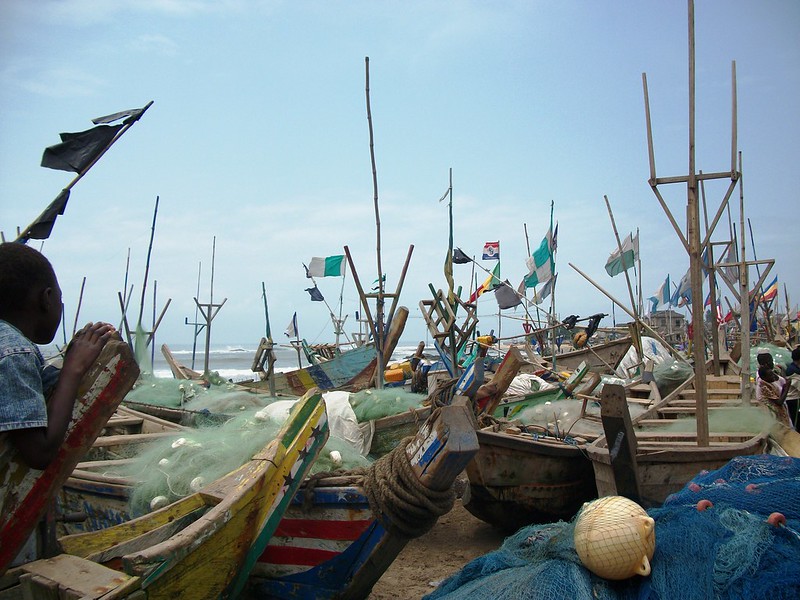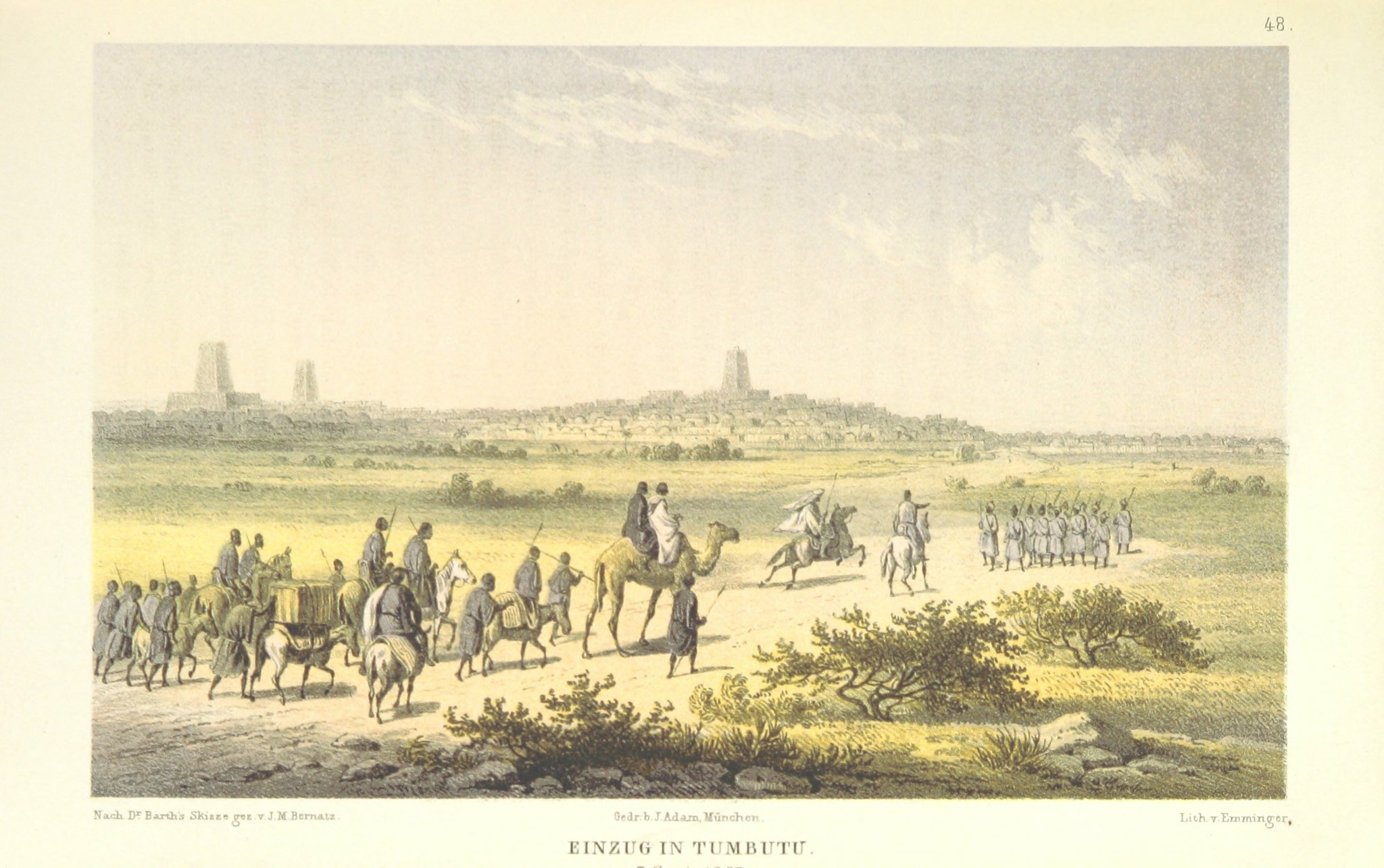
The Gambia
The coastlines of West Africa boast miles of fabulous sandy beaches, thriving townships, and colourful local markets that serve as authentic centres to learn about the food and culture of the people. With a consistent dry, warm climate, West Africa is an ideal destination to absorb the sights and culture of the continents’ rich and vibrant society. For nature lovers, a wealth of fauna can be found in the national parks, many are accessible and it is possible to arrange accommodation in some.
Ghana, Gambia and Senegal also hold important historical backgrounds, colonial fortresses are still evident today. Spend some time exploring these haunting monuments to the regions’ horrific past and the museums will give visitors a deeper insight into the tragedies that happened.
The narrow strip of land running alongside the River Gambia and encased by Senegal, goes by the name The Gambia. It runs 300 miles long by a massive 10 to 30 miles wide. It’s a great place to explore West Africa’s spectacular scenery, pristine tropical beaches and traditional villages, making The Gambia an ideal destination for the independent traveller. Unfortunately, the wider world has caught on to this secluded paradise, and subsequently many tourist developments have sprung up, although you’re unlikely to come across package tourists since they rarely venture out of their ‘all-inclusive’ bubbles. A feature of Gambia you should not miss is the local bumsters. Selling you anything from tacky souvenirs to hashish, you quickly learn the ‘brush-off’. Their stalking ground is the capital city of Banjul.
Read More
Europeans first landed in Gambia in 1496, taking control first of the trade for the area, the Germans came later and settled. The British followed leaving deep impressions on the architecture and structure on the former-colony. The Gambia gained its independence in 1965, after some deliberation on the part of the English. The country achieved a degree of fame due to Alex Haley tracing his ‘roots’ to the village of Juffure, located on one of Gambia’s ports. Dubbed the ‘smiling coast’ due to the inherent friendliness of the locals, be aware that the upbeat people may disguise that this is one of Africa’s poorest countries. Generally this area of Africa experiences a dry, warm climate, however, you will find a slight variation further south in Ghana, which experiences two rainy seasons, the first from March to June, and the second from September to October. Expect high temperatures of 88F (31C) in the south, 100F (37C) in the north in February/March, and lows of around 70F (22C). Gambia and Senegal experience little variation in climate, their dry season running from November to April, the former being the best time to visit. The rains fall between July and October. The Gambia, however, experiences droughts and combined with extensive deforestation, has caused serious problems for the countries landscape. Desertification is a problem in Senegal, especially in the North of the country, and The Gambia has an on-going battle with land erosion caused by the encroaching sea. As a general rule for this area, it is best to observe local customs and practices when it comes to dress and behaviour. It is considered inappropriate to have bare legs on show; therefore you should always wear long skirts and trousers, especially when visiting the more remote regions. Bring plenty of light clothes and sun block, the heat will take you aback. Ghana The main ethnic group of the region descends from the once powerful Asante (or Ashanti) people. The tribe reached its peak in the 18th century, conquering many of the surrounding states and dominating the main trade routes to the coast. The capital of the Asante Empire is Kumasi, with facilities that easily matched those in other European cities of the era. The rest of the country is made up of many other ethnic groups, including the Ga-Adangme and Ewe, who settled in the east and south. The north features several similar tribes, speaking Voltaic languages, and spreading as far as Burkina Faso. The southern tribes speak Kwa languages, including the Akan dialects and the Asante-Twi, spoken by the Asante and Fante people. The most widespread religion, especially in northern Ghana is Islam; Christianity is also widely followed, along with traditional African beliefs. The Gambia As one of Africa’s most densely populated countries with about 20% living the capital, The Gambia’s population is still rapidly expanding. The tribes in Gambia are made up of the Mandinka, Wolof, Fulani, Jola and Serahuli, and 90% of the population are Muslims. The official language is English, but traditional African dialects spoken include Wolof, Mandinka and Fulani. The women in The Gambia wear colourful headdresses called tiko. Remember it is customary to only use your right hand to give or receive things, such as food or money. Senegal With around 9.1 million people, Senegal’s population consists of many tribal groups including theWolof, Mandinka, Fulani, Diola, Soninke and Serer. As well as the traditional religions,Islam and Christianity are also practiced. With about 80% of the population practising Senegal’s own version of Islam, mixing it with ritual and the worship of saints. The official language here is French, although African dialects are spoken throughout the country. The transport infrastructure has improved greatly since the eighties, and you’ll find good roads and public transportation networks, especially in Ghana. Flying into cities in West Africa is easy with local air carriers such as Ghana Airways, Air Afrique and Air Ivoire. Ghana Bus travel is cheap and cheerful, and thankfully runs on fixed schedules to all towns. It is possible to book your seats in advance with the State Transport Corporation. The Ghanaian version of the bush taxi is termed the tro-tro. This is an infinitely amusing mode of transport for the visitor, and what it lacks in comfort, it makes up for with character. Another option may be to take the train. It is cheap and more comfortable than other methods. Another idea is to take the Lake Volta ferry service from Akosombo to either Kpandu or Kete Krachi, which takes about twelve hours. The Gambia It is possible to fly to The Gambia with several international airlines. The country’s domestic service operates between Banjul and neighbouring capitals, such as Bissau, Conakry, Freetown and Dakar. You can enter The Gambia overland from Senegal, although you will need to change vehicles at the border. Within The Gambia you’ll find the public transportation is reasonable. Buses, bush-taxis and mini-buses run between most towns. Senegal If renting a car, take extra care on the roads and stick to the major routes and avoid driving at night altogether, since accidents and breakdowns are common. The limited sources of clean water in some of the more remote regions means cholera outbreaks do occur, so avoid stagnant waters. You will however find the tap water in the larger towns is drinkable. Elsewhere always boil, filter or add purifying tablets to your water when extracting from wells and rain reserves. If the unfortunate happens, you will find equipped hospitals in the larger towns, and smaller clinics throughout the country. Be aware too of the prolific problem in many African nations of AIDS, and malaria. Make sure you have valid insurance to cover medical costs. Ghana Ghana uses the cedi (C/), with denominations of C/10, C/20, C/50 and C/100 coins, the largest value note being C/5000. You will find it possible to exchange cash, especially US$ in the Forex (foreign exchange) bureau in the major towns such as Accra and Kumasi. Travellers’ cheques can prove a problem, since they are not as widely accepted. You will find credit cards are accepted at some hotels and travel agencies in the larger towns, however they will be useless in the more remote regions. The Gambia The Gambia uses the dalasi (D), divided into bututs. You should have no problems finding banks or bureau de change offices in the larger towns, although you will be able to use the West African CFA for many things if you have been travelling in other subscribed countries. Senegal Along with the other Francophone countries in West Africa, Senegal employs the CFA franc. You are unlikely to encounter difficulties in changing currency or travellers cheques in the larger towns, especially Dakar, however French franc denominations will get you the best exchange rate. For up to date currency information, check the Currency Converter. Ghana You should not have a problem finding budget accommodation, the cheaper end of the scale being as low as US $5 -15 a night. A 10% hotel tax is added to your bill as well as another stinging 10% government tax. Mid-range, you can expect to pay around US$15 – 35. If you plan a stay in Accra, you’ll find a good range from the basic shared dorms to more up-market catered hotels. You may want to give the converted forts along the coast a try. They are an interesting change but can get filled up quickly, so enquire at the Cape Coast Museum for bookings. You may also get an offer to stay with a friendly Ghanaian host family, but bear in mind the cost your stay imposes, so remember to be generous when buying food. If camping’s your thing, the best sites can be found in the north, however, remember to stock up on camping gas before entering Ghana, as it’s hard to find here. Coco Beach is the nearest campsite to Accra, about six miles east along the Tema road. The Gambia Due to the increase in tourism sweeping this tiny country, accommodation for most budgets is easily available. In the resorts you’ll have a wide choice, however, upcountry you’ll be slightly more limited, but you’ll find nice, basic rest houses. Senegal You’ll have a choice when it comes to accommodation in Senegal, from budget hostels to luxury rooms in hotels, in rural areas you can find board in campements (guesthouses). There is a tourist tax of 600CFA per person, check if it is included in the price of the room. Street food is cheap and easily available, and a good way to make like locals and sample authentic foods. Chop bars are food houses, where you will find the best local cuisine served in the authentic manner. Meals cost between US $1 – 3 for budget grub, and US $3-10 for a substantial meal in a mid-range restaurant. Ghana A staple food, particularly in the south is kenkey, made from fermented maize flour balls steamed and wrapped in maize leaves which is served with a sauce made of tomatoes, onions, peppers and fried fish. An acquired taste, but authentic all the same. Northern specialities consist of tozafi, a millet or maize flour dish eaten with palm nut or okra soup. Plantains are another popular staple you’ll find everywhere, along with many dishes containing beans, groundnuts, rice, and the local special grasscutter, a large bush rat. If you’re brave enough to stomach eating a giant rodent, you can always give these other delights a taste, clay-baked lizard, giant forest snails or maybe a stew with bat, cat or dog. The cocoa grown in Ghana makes delicious chocolate, it’s definitely worth having a taste, or why not indulge in the cheappineapples and coconuts widely available throughout the country. You will find locally brewed beer here, namely Gulder, Star, ABC and bottled Guinness is a particular favourite, or try the non-alcoholic Supermalt for a different taste. The Gambia Local Gambian cuisine features dishes such as domodah, a peanut stew with rice. Chura gerteis a dish of boiled rice and peanuts, eaten for breakfast. Rice is the staple food, often served with a stew made of fish, chicken, beef, lamb or goat, with vegetables, spices and peanut butter. This is eaten at lunch, the Gambians biggest meal. Domodah is peanut butter sauce, supakania is okra stew, and yasa is fried chicken in onions. Dinner is often served with seafood, chicken or fried beef with salad, bread or couscous. Being 90% Muslim, you’ll not find pork on the menu and meats are halal. JulBrew is the local tipple, and you’ll find palm-wines made from distilled sugarcane or rice are readily available. It is considered bad manners to smell your food, and if you are eating from a communal bowl, remember to take off your shoes and belch loudly, which is a sign you enjoyed your food! Senegal National dishes in Senegal include tieboudienne (pronounced chey-bou-jen) consisting of rice baked in a sauce with fish and vegetables, served with a pimento and tomato sauce, poulet orpoisson yassa, grilled and marinated chicken or fish. Mafe is a peanut-based stew and bassi-salete is millet covered with vegetables and meat. Try the local beers, Gazelle and Flag, orbissap for a non-alcoholic alternative. Non-commonwealth citizens will require a visa, whereas those residing within the commonwealth are authorised to enter with a permit, available from the airport or border. Also be prepared for interrogation at the entry points, with officials asking how long you intend to stay, the address of your accommodation, and remember to have your yellow fever vaccination certificate to hand. All visitors are required to produce a passport valid six months beyond your stay. Ghana The airport tax is currently C/3000 and you will need to have enough local currency to hand, as only the cedi is accepted here. You will also be required to present an export permit for any souvenirs you wish to leave Ghana with, this includes locally produced items such as the Kente cloth. You can obtain these from the Ghana Museum and Monuments Board, whom need to declare your purchases have no historical value. The Gambia The departure tax for flying out of The Gambia is currently D50. Senegal The departure tax is US$15, you should check if it is included in the ticket price. For some reason, New Zealanders will find it difficult to obtain visas for Senegal, sometimes taking up to six months for a decision. Ghana Tourist Board Africa Online Ghana Link Senegal Information Foreign and Commonwealth Office By Jenna ColbourneClimate
Dress
People and language
Travel
You can fly between Dakar and other West African capitals. You can travel over ground from The Gambia, however you will have to change vehicles to cross the border. You can take a taxi-brousse from Guinea, Guinea-Bissau and Mauritania, and it is possible to catch a train from Mali.Health
Cash
Accommodation
Food
Visas
MORE INFORMATION
‘Promoting Ghana Throughout the World’
Detailed website listing background information and up-to-date news for Ghanaian nationals abroad and visitors to the country.
For Africans on the continent and around the world to stay in touch with local issues, latest news and updates, as well as feature articles and specific country info.
A general information site including news and articles and a forum to get in touch with local people.
This site includes general info and statistics on festivals in Senegal and links for services within the country.
Up-to-date travel info including trouble spots and places to avoid. Check the site before travel to ensure your destination is still classified safe.

